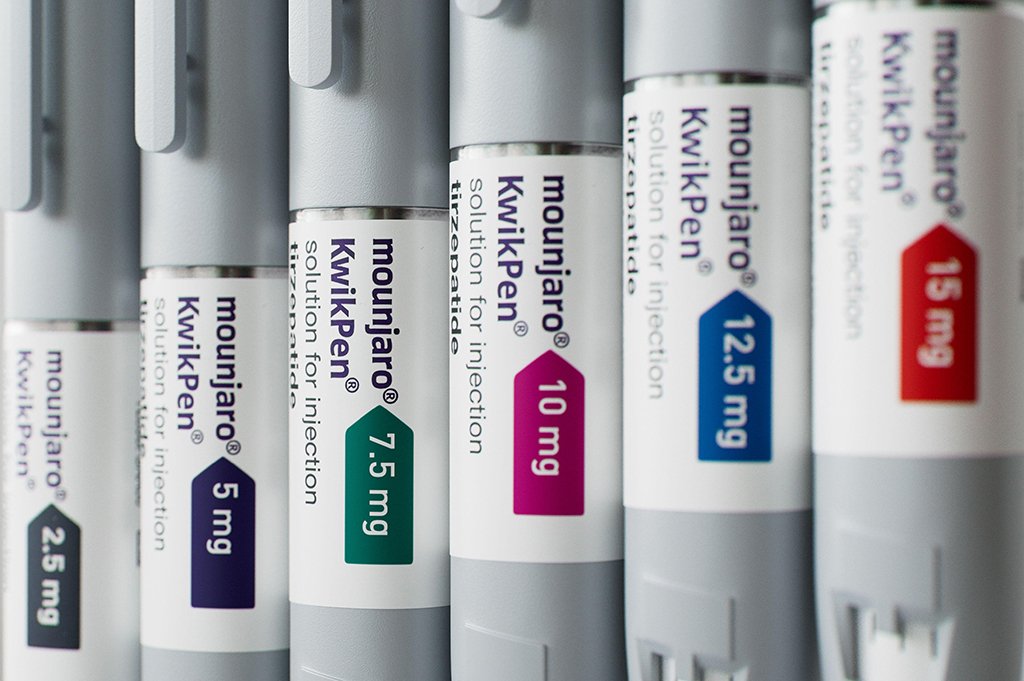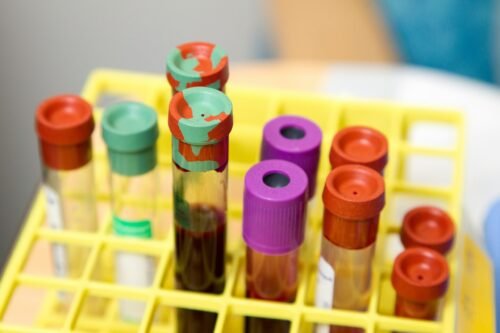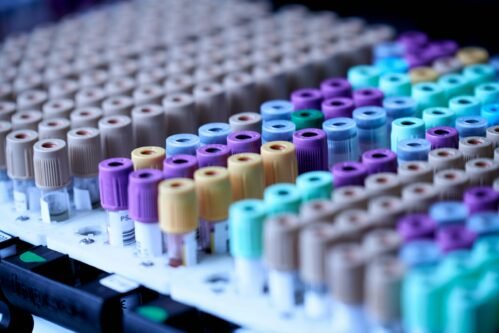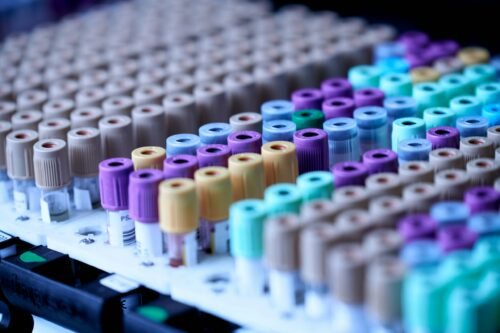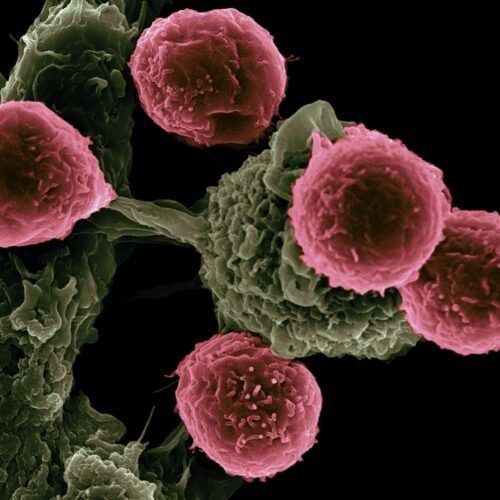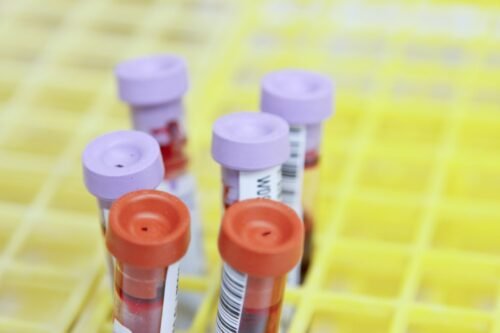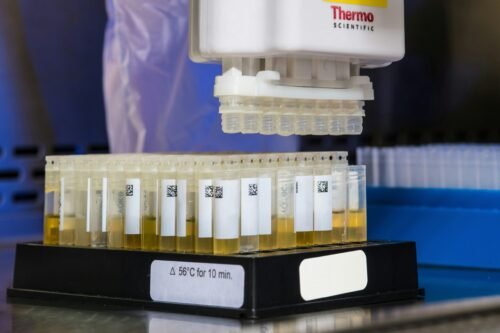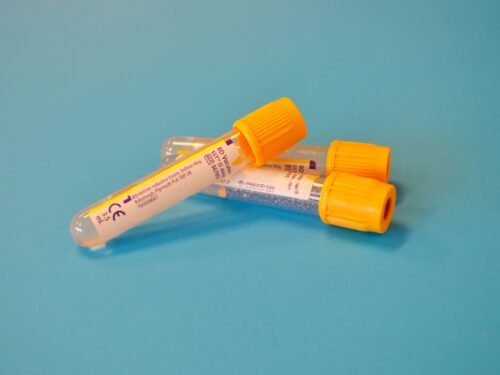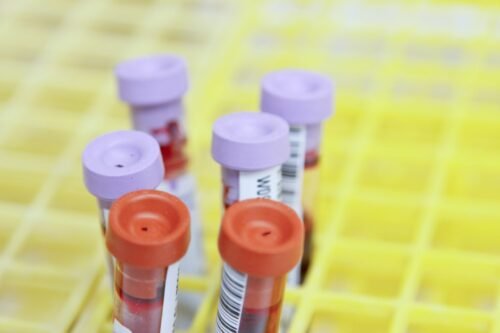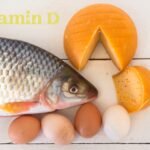
Sunshine in a bottle: Boost your mood, energy, and health with the power of Vitamin D!
May 18, 2025
Epigallocatechin Gallate (EGCG): A Powerful Antioxidant for Health
May 18, 2025What is Selenium?
Selenium is an essential trace mineral with potent antioxidant properties. Though required only in small amounts, it plays crucial roles in immune support, thyroid function, and cellular protection—making it vital for overall health and wellbeing.
Health Benefits of Selenium
-
Antioxidant Protection: As a component of enzymes like glutathione peroxidase, selenium neutralizes free radicals, protecting cells from oxidative stress and lowering the risk of chronic diseases.
-
Thyroid Function: Helps convert the thyroid hormone T4 into its active form T3, supporting metabolism, energy, and hormonal balance.
-
Immune System Support: Boosts white-blood-cell production and enhances the body’s ability to fight infections, shortening illness duration.
-
Cancer Prevention: Antioxidant action may lower the risk of cancers such as prostate, lung, and colorectal by preventing DNA damage.
-
Cognitive Health: May help shield the brain from age-related decline, reducing the risk of Alzheimer’s and Parkinson’s diseases.
-
Heart Health: Reduces inflammation and oxidative stress, supporting healthy blood vessels and lowering heart-attack or stroke risk.
-
Fertility and Reproductive Health: Supports sperm motility in men and protects egg quality in women by combating oxidative stress.
Dietary Sources of Selenium
- Brazil Nuts: Among the richest sources—just a few nuts can exceed the daily requirement.
- Seafood & Fish: Tuna, shrimp, sardines, salmon.
- Meats & Poultry: Turkey, chicken, beef.
- Eggs
- Whole Grains: Brown rice, barley, whole-wheat products.
- Vegetables: Spinach, broccoli, mushrooms (when grown in selenium-rich soil).
- Dairy Products: Milk, yogurt (small amounts).
Signs of Selenium Deficiency
- Weak immune function and frequent infections
- Fatigue, muscle weakness
- Thyroid issues leading to hypothyroidism (fatigue, weight gain, depression)
- Cognitive decline and neurological problems
- Higher risk of heart disease and cancer
Selenium Toxicity and Safety
Excessive intake can cause selenosis. Symptoms include:
- Gastrointestinal issues (nausea, diarrhea, abdominal pain)
- Hair loss, brittle nails
- Garlic-like breath odor
- Fatigue, irritability
- Nervous-system symptoms (dizziness, tremors)
Who Is at Risk of Selenium Deficiency?
- People in low-selenium regions (parts of China, New Zealand)
- Individuals with malabsorption disorders (Crohn’s, celiac, cystic fibrosis)
- Vegetarians & vegans with limited selenium-rich plant foods
- Older adults (reduced absorption/metabolism)
Conclusion
Selenium is critical for antioxidant defense, thyroid health, immunity, heart and cognitive support, and fertility. A balanced diet containing selenium-rich foods—especially Brazil nuts, seafood, meat, and whole grains—usually meets daily needs. If you’re concerned about intake or considering supplements, consult a healthcare professional to avoid both deficiency and excess.




